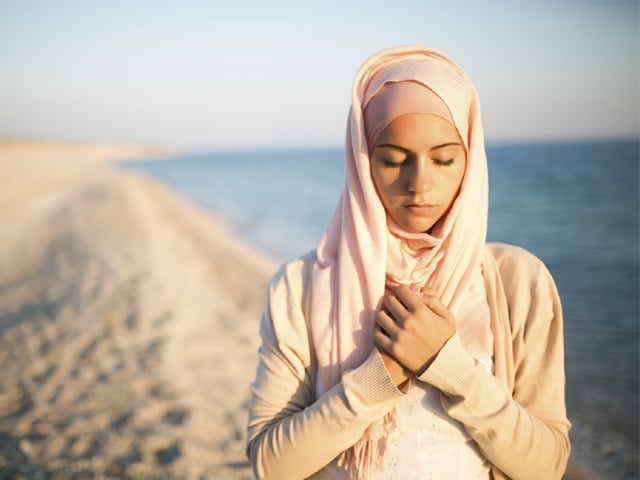Dr Romesa Mariam
In an era where discussions about gender equality and women’s empowerment reverberate worldwide, it is imperative to explore various cultural and religious perspectives that contribute to this discourse. One such perspective is found in Islam, where the concept of “Haya” serves as a profound call to empower women.
Haya, often translated as modesty, humility, or shyness, is a foundational virtue in Islam. While it may seem paradoxical to some, Islamic teachings emphasize that Haya is a source of empowerment for women, rather than a constraint. It is crucial to understand this perspective to appreciate the profound role that Islamic principles play in promoting women’s dignity and empowerment.
Haya, in Islam, does not entail mere physical modesty but encompasses a broader sense of modesty in behaviour, speech, and dress. It is about maintaining one’s dignity and self-respect, which, in turn, empowers women to stand strong in the face of adversity and societal pressures.
Islam encourages women to be confident and assertive while upholding their modesty. This balance empowers women to be active participants in various spheres of life, whether it be in education, career, or public service. Islamic history is replete with examples of powerful and influential women who made significant contributions to society while adhering to the principles of Haya.
One of the most profound aspects of empowering women with Haya is the emphasis on respect and dignity in interpersonal relationships. Islam teaches that both men and women should treat each other with kindness, respect, and fairness. By promoting healthy relationships based on mutual respect, Islam provides a strong foundation for women’s empowerment within their families and communities.
Moreover, the concept of Haya encourages women to be aware of their worth and to demand respect in all aspects of life. It discourages objectification and exploitation, emphasizing that a woman’s value is not determined by her appearance or societal standards, but by her character and actions. This perspective serves as a powerful counter-narrative to the objectification and commodification of women that persists in many parts of the world.
Furthermore, Islamic teachings call upon women to seek knowledge actively. The Prophet Muhammad himself stated that seeking knowledge is obligatory for every Muslim, male and female. This emphasis on education empowers women to excel in various fields and equips them with the tools to contribute meaningfully to society.
While some may argue that the concept of Haya is restrictive, it is crucial to differentiate between genuine empowerment and the superficial appearance of liberation. True empowerment lies in the freedom to make choices that align with one’s values and principles. Empowering women with Haya ensures that their choices are made from a position of strength, self-respect, and dignity rather than societal pressures or objectification.
In conclusion, the concept of Haya in Islam offers a unique and empowering perspective on women’s dignity and empowerment. It encourages women to be confident, assertive, and respectful, both in their personal lives and in society at large. By emphasizing modesty and self-respect, Islam equips women to navigate the complexities of the modern world while maintaining their core values and principles. In a global quest for gender equality, it is essential to recognize and appreciate the diversity of perspectives, such as Haya in Islam, that contribute to the empowerment of women.














